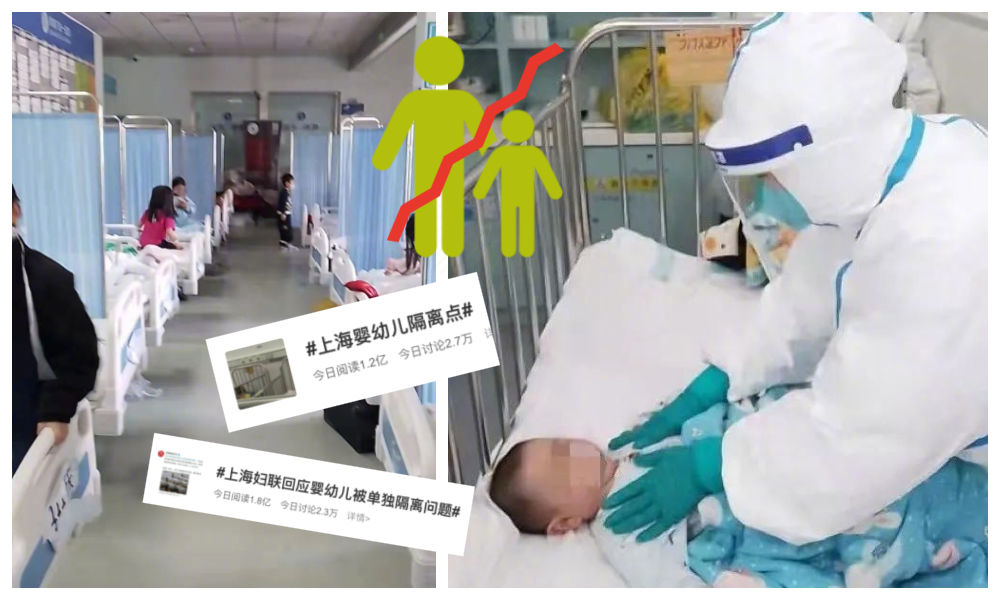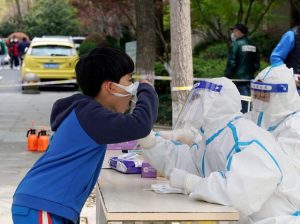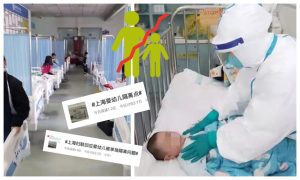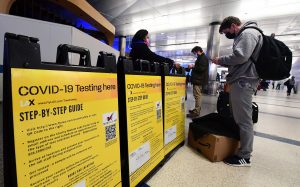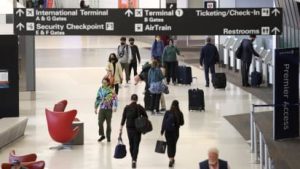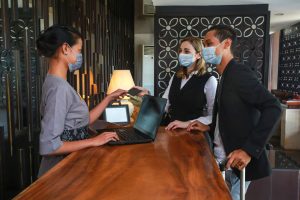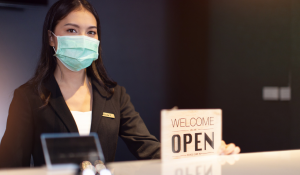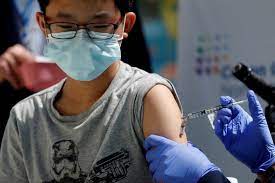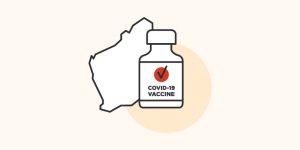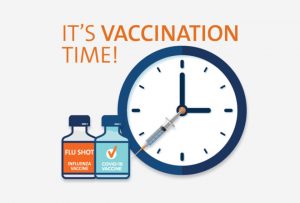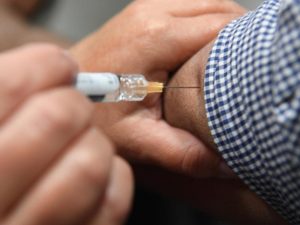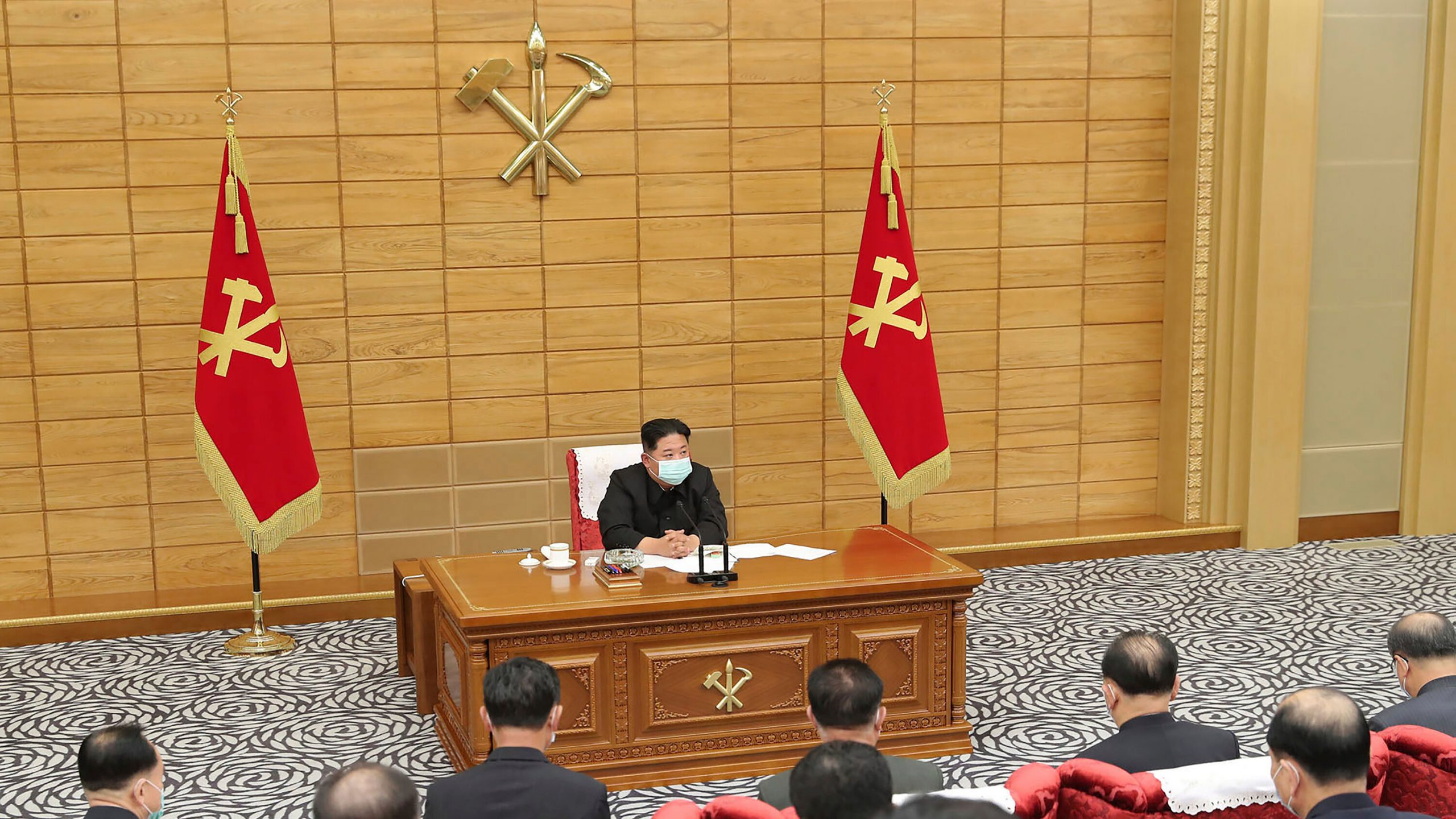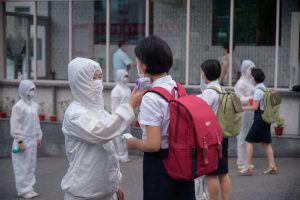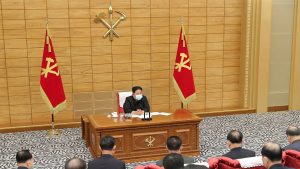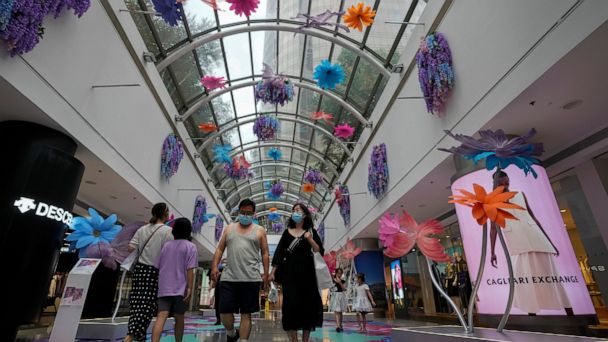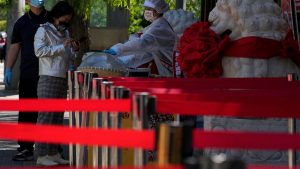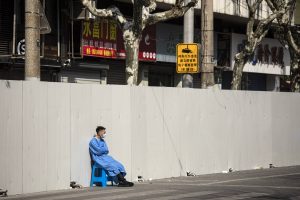1 ‘Project S’ transformed one small Brazilian city
As the pandemic rages on elsewhere in Brazil, hope has returned to the small city of Serrana, after researchers vaccinated almost its entire adult population in a medical experiment this spring. Four months after the kickoff of the experiment known as Project S, the quiet city in São Paulo state has acquired an atmosphere of pre-pandemic days.
Nationwide, Brazil has the second-highest number of deaths from Covid-19 in the world, after the US, and it is heading into its third wave with daily cases and deaths on the rise. Only 10% of Brazil´s population is fully vaccinated. But people living in Serrana say they’re experiencing a very different reality, thanks to Project S.
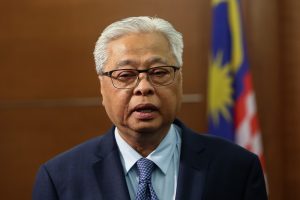
/ Senior Minister for Security Ismail Sabri Yaakob
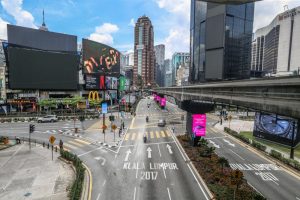
/ Malaysia lockdown extended
2 Malaysia extends lockdown until June 28
Malaysia will extend its lockdown by another two weeks to June 28, as new Covid-19 infections are still averaging 6,871 daily. Senior Minister for Security Ismail Sabri Yaakob said on Friday (June 11) that the National Security Council made the decision on the Health Ministry’s recommendation. “The decision was taken after taking into account daily cases are still over 5,000,” he said in a statement.
Datuk Seri Ismail Sabri added that regulations such as bans on inter-district travel, social activities and cuts to workplace staff capacity would continue from the existing lockdown that began on June 1 and was set to expire next Monday.
The lockdown, which allows only 17 economic sectors to operate, was imposed after a looser movement control order (MCO) last month failed to curb Malaysia’s worst coronavirus wave, with both public and private healthcare resources being overrun by a record number of active cases.
Instead, May has been the deadliest month so far, logging more than a third of the 3,768 fatalities recorded so far. Once Malaysia ends the FMCO, a second phase lasting four weeks will follow with more economic sectors that do not involve mass gatherings allowed. Should the situation continue to improve, Malaysia will see a further easing, similar to May’s MCO, where most economic activities subject to SOPs and health protocols are allowed while social activities remain banned.
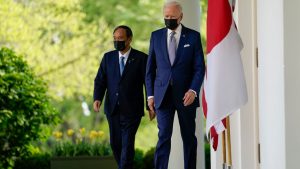
/ Yoshihide Suga and Joe Biden
3 G7 back Covid-safe Olympics and Paralympics in Japan
G7 leaders “reiterate our support for the holding of the Olympic and Paralympic Games Tokyo 2020 in a safe and secure manner as a symbol of global unity in overcoming COVID-19”, read an official communique.
The Olympic Opening Ceremony is due to take place on July 23, despite Tokyo being under a state of emergency because of the coronavirus pandemic.
International Olympic Committee (IOC) President Thomas Bach welcomed the G7 endorsement, calling it “a great encouragement”.
“We take this as a great encouragement to deliver safe and secure Olympic and Paralympic Games Tokyo 2020 for everybody in this spirit of worldwide solidarity.”
COVID-19 was one of the main topics on the agenda of the G7 summit, along with the climate crisis, economic recovery and foreign policy.
“President Biden affirmed his support for the Tokyo Olympic Games moving forward with all public health measures necessary to protect athletes, staff and spectators”, according to the White House.
Discussions between Suga and Biden came days after the US removed advice warning citizens against travel to Japan. Overseas fans will be barred from Tokyo 2020.A decision on whether or not Japanese spectators will be able to attend events is expected to be made at the end of this month. More than 80 per cent of athletes set to compete at the Games have either been vaccinated against COVID-19 or are “in the process” of being inoculated, according to the latest IOC estimate.

/ US breaststroke star Lilly King
4 Breaststroker King fears pandemic enabled dopers
US breaststroke star Lilly King, an outspoken critic of swimming’s efforts to control doping, says she fears the coronavirus pandemic has enabled cheaters heading into the Tokyo Olympics.
“I would definitely say some of the countries that have not been as trusted are probably taking advantage of the time that they had without testing,” said King, who launches her trials campaign on Monday in the 100m breaststroke.
“I know that I have been tested over 20 times in the past year, so I know the Americans are being well taken care of,” King said. “But I think, unfortunately, the Americans can control what they can control, but the rest of the world I’m not so sure.”
King has long been a critic of doping in the sport and international governing body FINA’s doping control efforts.
After winning the 100m breaststroke final in Rio, the then-19-year-old King refused to shake hands with Russian silver medalist Yuliya Efimova, who had served a 16-month ban for taking a banned steroid.
While their rivalry has become less hostile, King says she still objects to racing against those who have served bans — and would do so even if they are from the United States.
USA Swimming president and chief executive Tim Hinchey also voiced concerns that a “blackout” on anti-doping measures in some areas during the pandemic, when competition shut down and lockdowns that limited travel and face-to-face contact disrupted out-of-competition testing.
But he expressed optimism that FINA, under the guidance of newly-elected president Husain Al Musallam, was moving in the right direction.
Nevertheless, King said she had no doubt that there would be doped swimmers in the pool in Tokyo.

5 Green for hugs, red for no touching
Event hosts are using stickers, lanyards or bracelets to differentiate who is comfortable with what kind of touch
To encourage better respect towards people’s boundaries, event hosts are using colored accessories to help people communicate their comfort around physical touch, reports the Wall Street Journal.
As coronavirus restricts continue to be lifted, many physical acts of socializing – hugs, handshakes and everything in between, have become less comfortable for people. While some are excited to begin up-close-and-personal socializing, others are fiercely protective of their physical space. Hence, the creation of the colored-coded accessories, sometimes stickers, lanyards or bracelets, to differentiate who is comfortable with what kind of touch.
At in-person events like the ones hosted by the Chesterfield chamber of commerce, located near Virginia’s capital, hosts have been giving out red, yellow and green stickers to attendees, with signs explaining the colors’ code. At an event hosted by the chamber, a sign explained that red means no physical contact wanted, “no exceptions”. Those wearing a yellow band are only OK with elbow contact, like an elbow bump. Green means that “hugs [are] welcome”.
In addition to public events, some offices have also started implementing the red-yellow-green systems to better support those working in person.
The red-yellow-green accessories are one of many pandemic-era tools that have been created to help people feel more comfortable at in-person gatherings. Other innovations include directive signs, sometimes customized, that inform others to remain socially distanced from someone.

6 Copa America 2021 in Brazil
Brazil and Venezuela kicked off the Copa America at the Mane Garrincha Stadium on Sunday evening in the capital, Brasilia.
The tournament, postponed from last year due to the coronavirus pandemic, was confirmed to take place in Brazil just two weeks ago.
However, the decision to award hosting rights to Brazil did not go down well with the national side as well as the locals.
As of Sunday, Brazil had reported more than 17.3 million cases of the coronavirus, including at least 486,000 deaths, the second-highest number in the world.
Colombia and Argentina were scheduled to host the tournament last year but it was postponed due to the pandemic.
Last month, Colombia was dropped amid a wave of protests against President Ivan Duque while Argentina was ruled out due to an increase in COVID-19 cases in the country.
Brazil’s national football team reluctantly agreed to play in the Copa America despite concerns over the late decision to stage the continental tournament in its home country.
Brazilian players used social media to publish a message saying they are “unsatisfied” with South American football’s governing body, CONMEBOL, which decided to move the tournament to Brazil.
On Thursday, Brazil’s Supreme Court ruled the country can host the Copa America despite the coronavirus pandemic.
The final of the tournament will take place on July 11.



 COVID-19 Around the World4 years ago
COVID-19 Around the World4 years ago
 Cuisine Explorer5 years ago
Cuisine Explorer5 years ago
 Tagalog5 years ago
Tagalog5 years ago
 Uncategorized5 years ago
Uncategorized5 years ago
 Cantonese - Traditional Chinese5 years ago
Cantonese - Traditional Chinese5 years ago
 Uncategorized5 years ago
Uncategorized5 years ago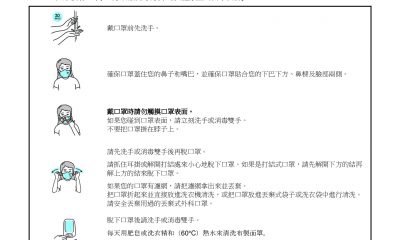
 Uncategorized5 years ago
Uncategorized5 years ago








